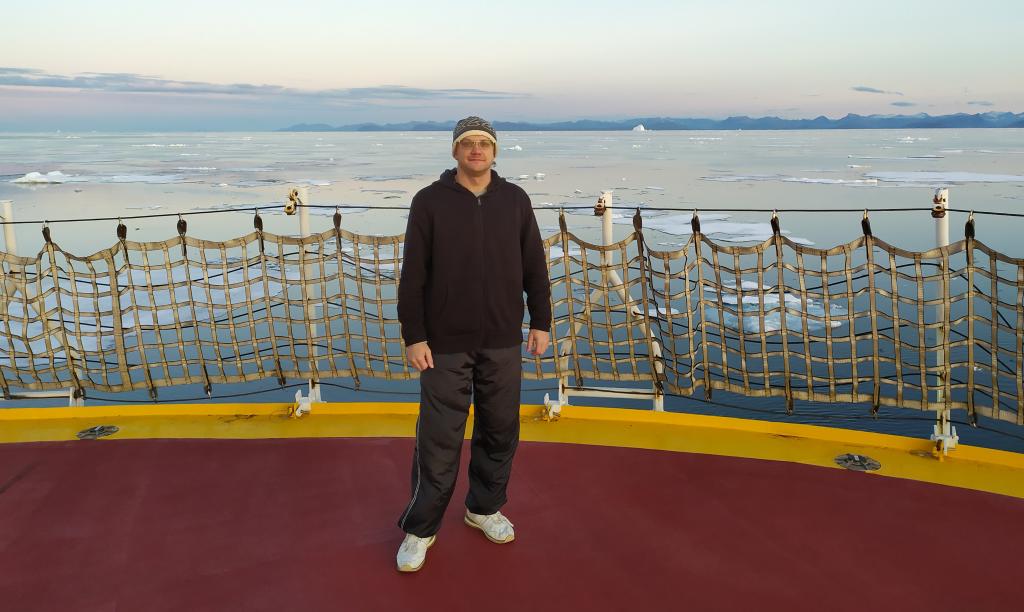Marine microorganisms are at the core of most biochemical processes and life itself. Originating in the ancient ocean at least 3.7 billion years ago, they drove atmospheric oxygenation ~2.5 billion years ago and facilitated the evolution of multicellular life ~0.5 billion years ago. Today, microorganisms constitute ~90% of the living biomass in the global ocean, where they play a central role in sustaining life on our planet. For example, the marine bacterium Pelagibacter ubique is the most abundant known organism, and the marine cyanobacterium Prochlorococcus produces ~20% of oxygen on the planet.
The Arctic Ocean, warming at roughly four times the global average, is a focal point for climate change research. Ongoing climate change also intensifies environmental stressors, such as extreme precipitation events and storms, which disrupt marine microbial communities and the biochemical cycles and food webs they sustain. Furthermore, marine microbial communities act as multifaceted “sensors”, immediately responding to physical and chemical changes. Fortunately, the past decade has seen an exponential development in computing power and DNA sequencing performance, which now enables a realistic depiction of marine microbial life and an enhanced prediction of potential ecosystem changes.
The overarching objective of my PhD thesis is two-fold. First, I aim to establish a spatial baseline of microbial diversity in the Canadian Arctic Ocean using metabarcoding. Second, I seek to elucidate how microbial communities are affected by climate change-induced environmental stressors and what consequences it might have for the ecosystem.
Topics
- Assessment of microbial ecology in Southern Hudson Bay and James Bay with focus on the riverine impact.
- Assessment of microbial ecology in the Canadian Arctic Archipelago waters with focus on the storm impact.
- Assessment of microbial ecology in the Beaufort Sea with focus on the warming impact.
